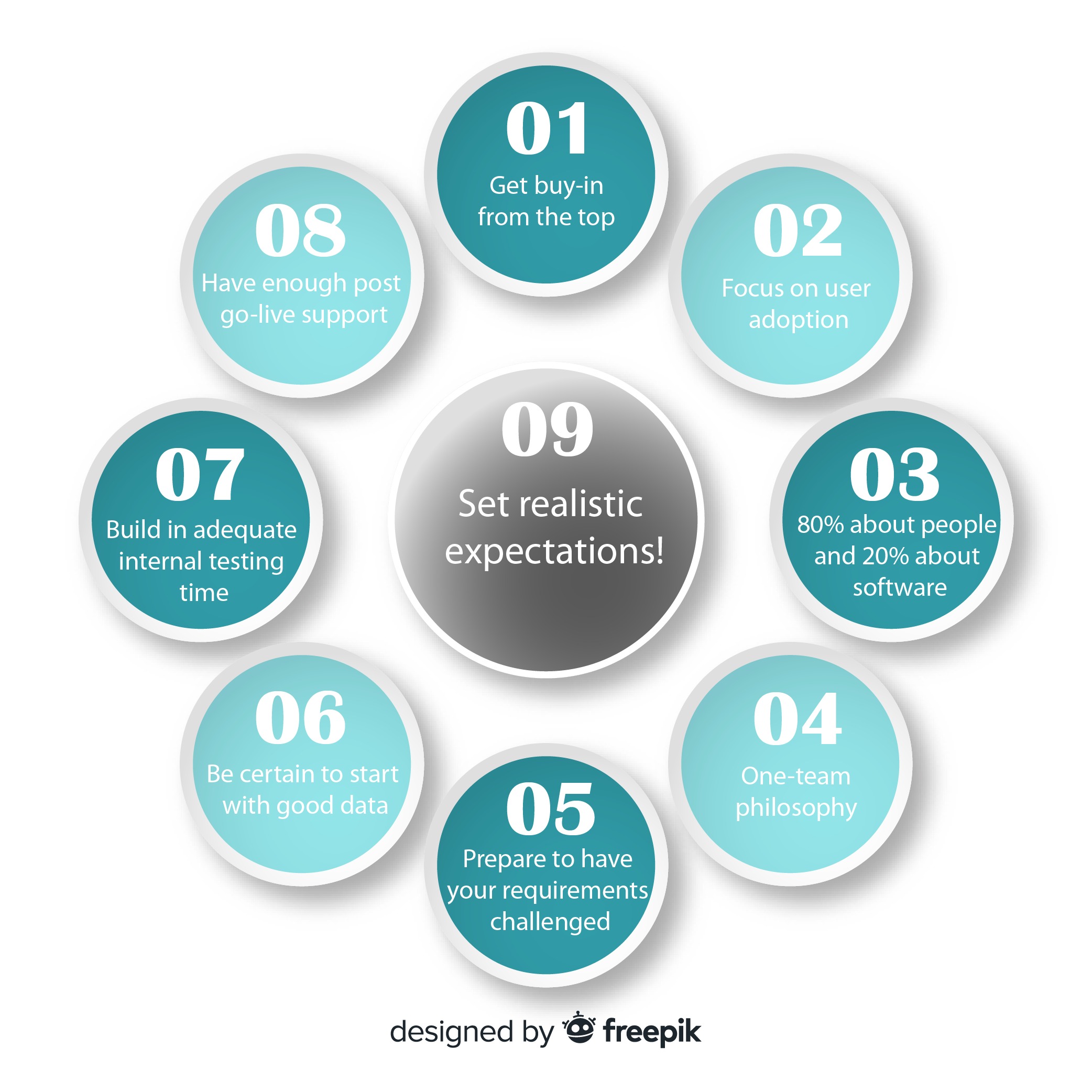How charities can prepare for the successful implementation of a new supporter management solution
Making the decision to update your internal solutions for supporter management can be a major concern for charities. It will involve significant expenditure and internal resources, and most likely be a catalyst for considerable process changes for people within the organisation.
Choosing the right solution for your charity will need close attention to the strategic objectives and expected outcomes from the project, ensuring they can be met and delivered, and the required return on total investment realised.
Selecting and working with the right supplier partner will be key to ensuring the success of your project. Make sure they understand your organisation and the not for profit sector.
Here are some headlines that we believe contribute toward a successful project, and some key points to consider before embarking on the task ahead.
- Get buy-in from the top. Ensure that your charity’s Trustees, CEO, key stakeholders, senior and middle management are all engaged right from the start. Communicating to the wider charity the strategic importance of the project is key to success. When users can see buy-in from the top, it starts the project off on the right footing and key people will prioritise accordingly.
- Focus on user adoption and ensure that the whole organisation feels included. Don’t just engage with the people who will be involved in the project, but communicate with end users, key stakeholders, department heads – all those who will have a vested interest in the success of the system moving forward.
- Typically, even though the project has software as a foundation, a good rule of thumb is that the project should be 80% about people and 20% about software. Don’t let this strategic initiative be perceived as ‘another IT project’.
- Have a one-team philosophy when working with your implementation partner. Try to make the project fun, even though it will be a lot of hard work. Some of the most successful projects that we have delivered over the past 20 years have been where there was a close collaboration and shared sense of purpose between implementation partner and client.
- Prepare to have your requirements challenged. Some of the charities we work with have been using the same systems for 15-20 years and are seeing many challenges arising from inherited processes. Take the opportunity to review your processes and receive advice from your implementation partner on current best practice and some of the ways other charities are working, to understand what you might do better.
- Be certain to start with good data. Review where you’ll need to migrate any data from legacy systems, Excel spreadsheets, Access databases, etc. Don’t underestimate how long it will take you to review all your internal data sources, cleanse it and get it in the right format ready for import into your new solution. A new system with poor data has a much higher risk of failure.
- Build in adequate internal testing time for your organisation. Make sure that your people are aware that the project will take time away from their day jobs. What we see work well is where some of the key individuals that need to be involved project are seconded to the project may be one to two days a week – giving them dedicated time to concentrate on key project activities.
- Ensure you have enough post-go-live support. Your implementation partner should be making sure that you can be as self-sufficient as possible once the project goes live. This might involve application consultants or project managers walking the floor a few days and weeks after go-live, ensuring users feel comfortable, so that you have that continued touchpoint with them and that you feel guided from discovery to delivery, through to support.
- Set realistic expectations. Both you and your supplier need to have honest and open conversations about expectations, allowing you to mitigate risk so that you can move forward rapidly and confidently with the project.
By taking these things into consideration right from the start and preparing your charity as much as possible beforehand, with the right guidance from your implementation partner, your new system implementation should go smoothly and successfully, and your organisation will quickly start to realise the expected benefits of your hard work.
Martin Wilkinson
Consulting Manager & CRM Consultant

